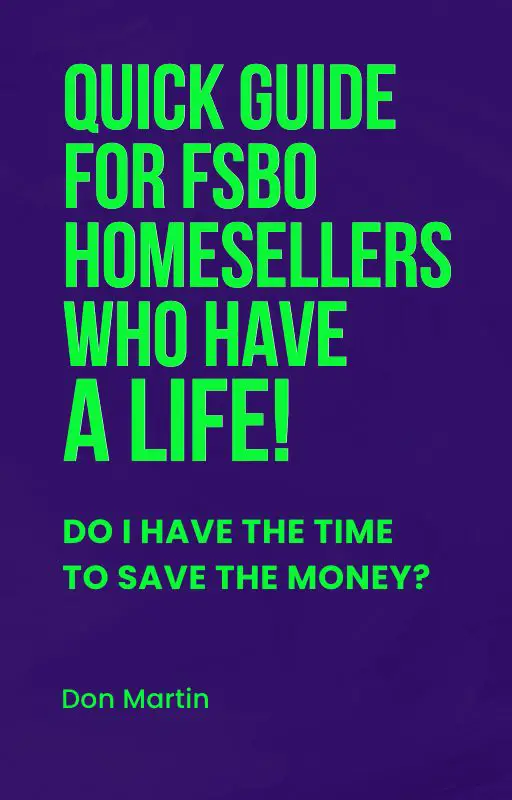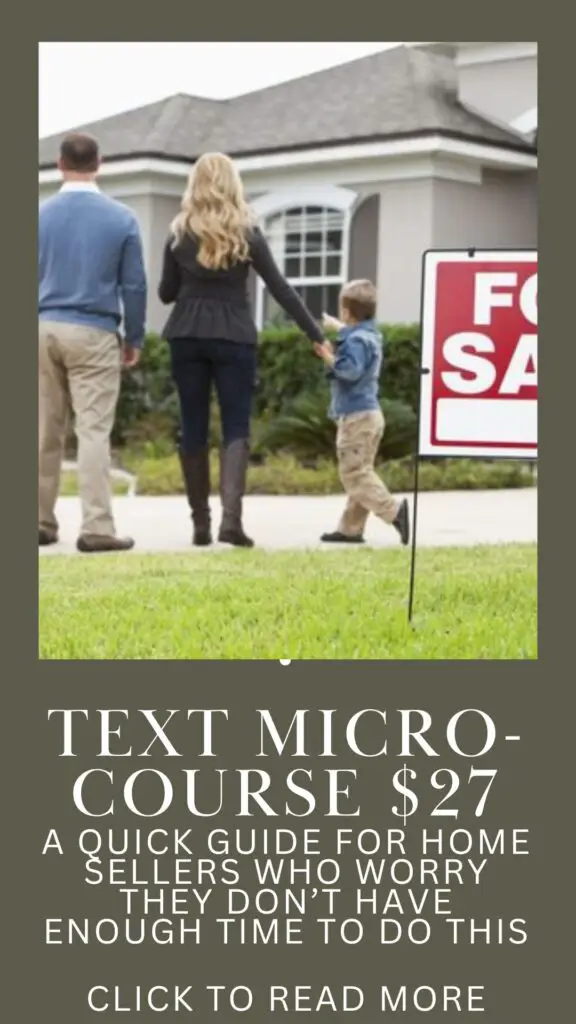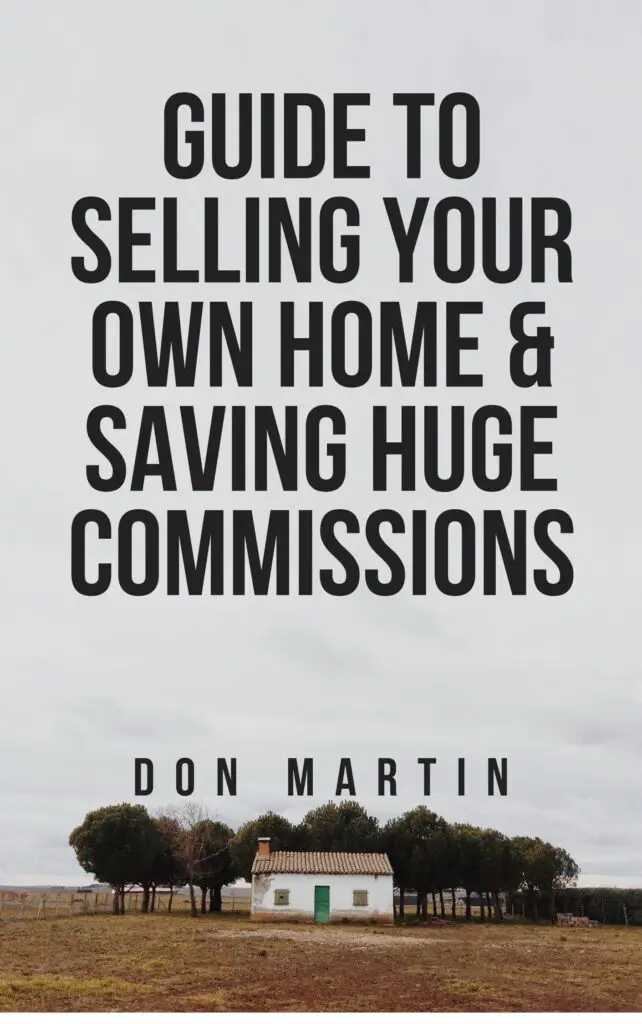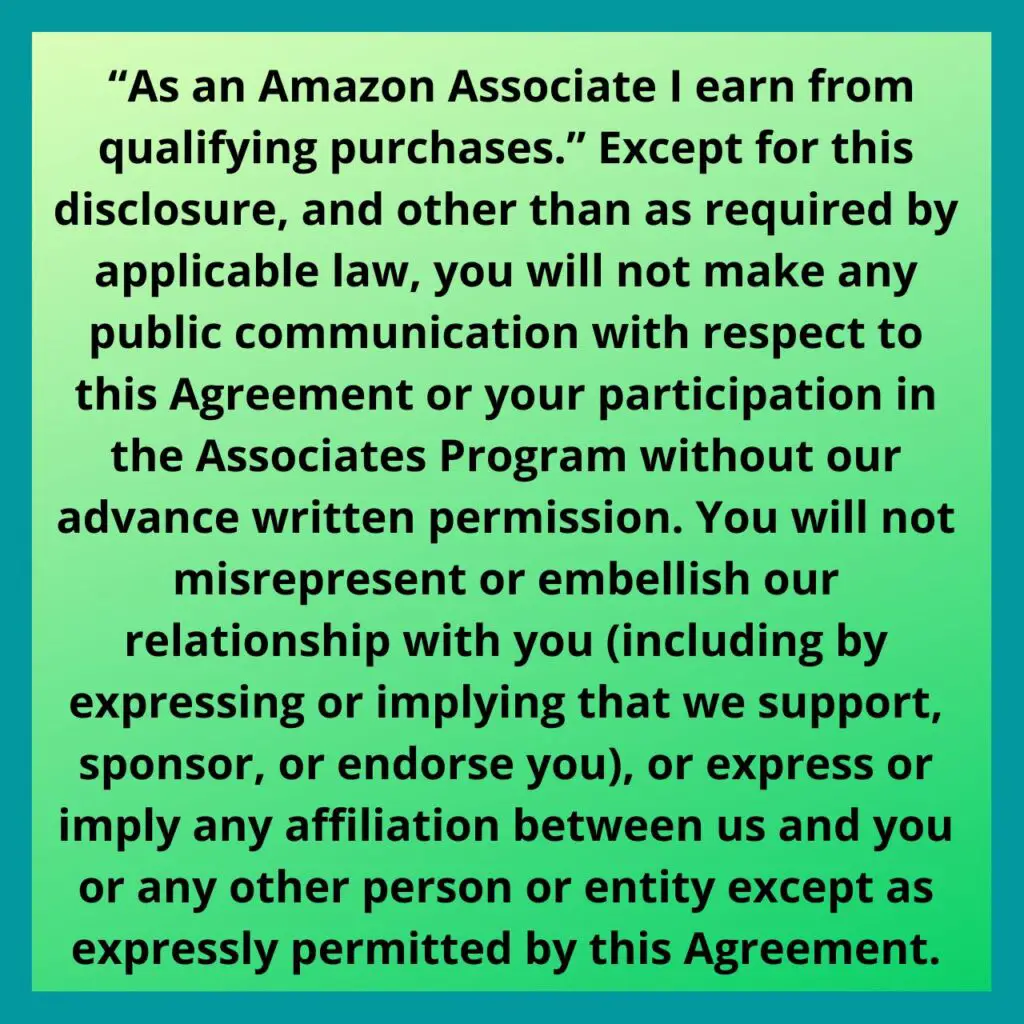Here in Nashville, TN we have a mixture of people at different socio-economic levels. But few are aloof about it, and you will find yourself at church or in a grocery line with the famous and/or the affluent as well as the worker-bees. You can’t always tell the difference, either.
But as much as we all get along together well in public, the well-to-do prefer homes that are more private. Sometimes they enjoy their lives also being a bit more private.
When the Jay Gatsbys go to sell their homes, they look for something different there too. They like to have the listing of their house to be done at a lower, quieter level. We have requests for in-house or in-office listings. You hear of items like “pocket listings,” or “off market listings,” or “coming soon listings,” any way agents can conform to MLS guidelines and still please the customer/seller.
Check out my 3-book set “DIY Real Estate”
Mauricio Umansky just wrote a piece for Worth and Yahoo News about this as it applies to what he calls the “Luxury Real Estate Market” and the struggle for fairness as it includes The National Association of Realtors, which I found to be interesting in a personal and geographical way.
A new policy that effectively bans off-market listings is wreaking havoc in the luxury real estate business. The National Association of Realtors says the rule is a positive step forward for the industry—but I have to disagree.
The rule, part of NAR’s Clear Cooperation Policy, is meant to foster more cooperation amongst agents and ultimately bring more value to the consumer. Mandatory listings, the thinking goes, will foster transparency and create a more level playing field for everyone. But working with luxury clientele for decades, I know firsthand why successful individuals find off-market listings appealing, and sometimes even necessary, for their privacy and safety.
Publicly listing a home for sale on an MLS, or multiple listing service, means that all information including the address, is aggregated to publicly accessible websites. However, when a home is marketed as an off-listing or “pocket” sale, this information remains as confidential as it could ever possibly be.
With the establishment of its new policy, the NAR’s point of view is that you bring the highest value to the property by opening it up to the public. I can share that when showing a luxury property to a high net worth buyer, that is simply not the case. The luxury buyer wants to feel like they’re purchasing something special—and more importantly, a property where the address is private. In order to better cater to the consumer, especially the ultra-high net worth buyer, I would propose a disclosure agreement that would outline NAR’s concerns associated with off-market listings, but not establish hard and fast rules that inhibit the buyer.
Many times, I work with celebrities who are not interested in having paparazzi parked outside their front door every day or fans seeking a selfie when they’re trying to leave their house to go to dinner. It can become dangerous and unsafe to have their homes listed publicly, where anyone can access their address, and their property winds up on the next Hollywood home tour.
Executives in high power positions are also at a disadvantage. When they’re going through a personal life change, such as a separation or divorce, and want to do so privately, they need to have the option to sell their home quietly without inviting the world to weigh in. In no uncertain terms, it’s an invasion of privacy.
Finally, forcing every property to list on the MLS can be a financial detriment to sellers. The MLS contains a pricing history, a potentially skewed frame of reference that does not factor in the context of the market environment at the time of sale. I’ve witnessed numerous properties struggle to sell after they were listed on the MLS at a certain price point towards the end of the recession and subsequently re-listed a few years later. Ultimately, the consumer has to lower the price and settle for less than what they wanted due to the historical market data that remains on the MLS. Pocket listings, on the other hand, help to provide other data that may better reflect the context of the market at the time.
At The Agency, the full-service luxury real estate brokerage I founded in 2011, our primary focus is to establish strong relationships, with the goal of providing the best value and benefit to our clients. Often times this means reaching out to colleagues outside of our organization and forging new relationships. This is one of the many reasons why a few of my Agency colleagues and I established ThePLS.com, which is a platform where agents across the globe can share their off-market listings with other agents, fostering a culture of collaboration amongst fellow brokers where no history is kept. This offering has been very successful for our agents, and we are working on a way to maintain this platform while still adhering to the new policy in place.
I find this to be a very interesting concept, and I am working to determine if there is anything similar down here and how we would deal with it at this time. I’m sure there are unintended consequences.
Check out my 3-book set “DIY Real Estate”
I’ll be addressing and updating this conversation in the next few days…
Quote from “Why I’m Against the New Ban on Off-Market Real Estate Listings”
LIKE us on FACEBOOK!
(This post may contain affiliate links, which means if you click, or make a purchase by clicking on them, I may receive a small commission, at no additional cost to you, that will help me continue to bring you valuable content. To that end, not all of the items on this page are affiliate links, as that is not a requirement to be on this page. Thanks for your support!)
We are a participant in the Amazon Services LLC Associates Program, an affiliate advertising program designed to provide a means for us to earn fees by linking to Amazon.com and affiliated sites.














